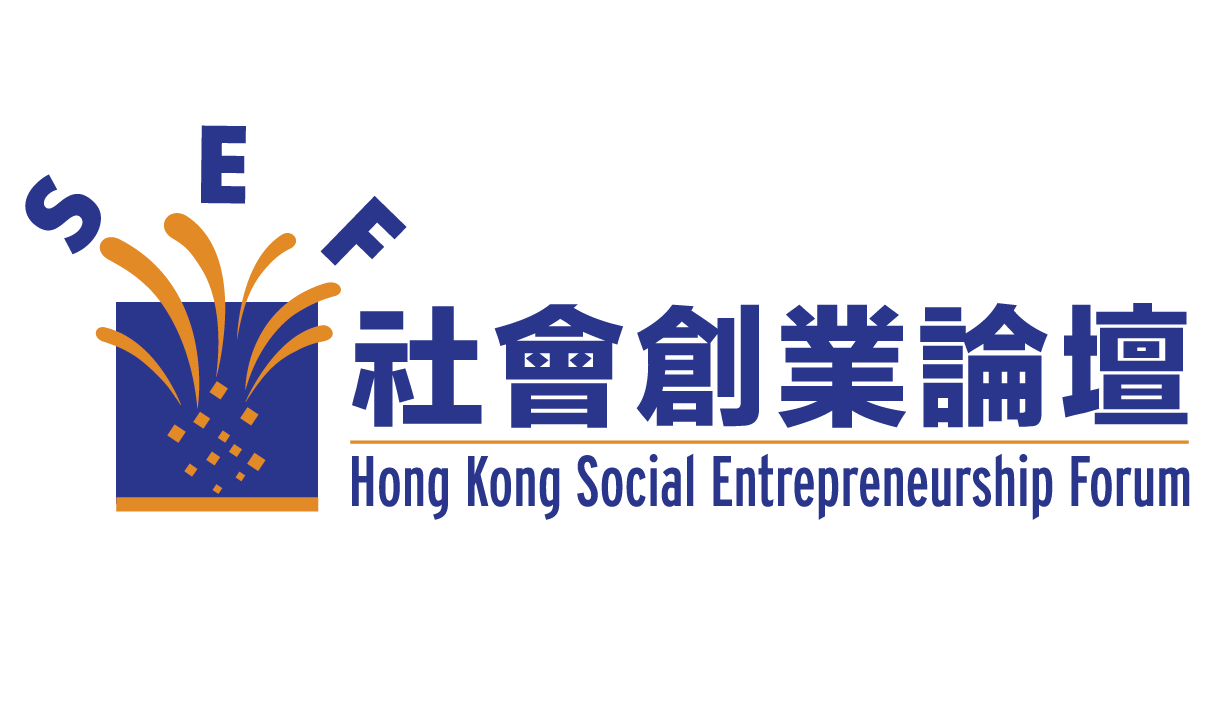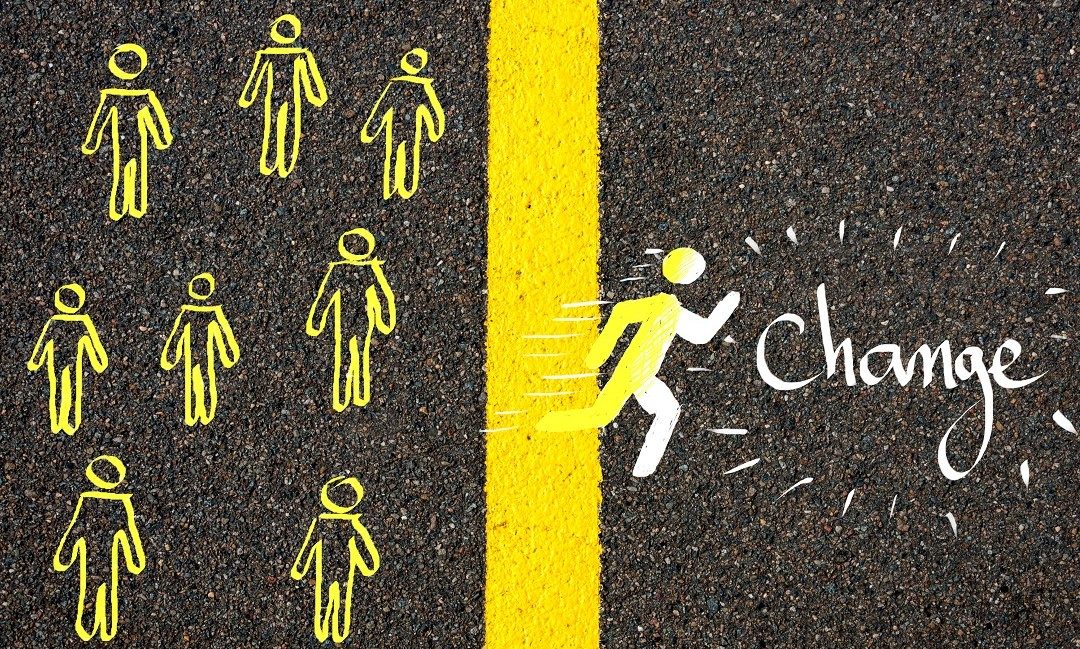Edited by Dr KK Tse
Promoting Everyday Legends
Over the past few months, I have been spending a lot of time and energy in encouraging my friends and would-be social entrepreneurs to read this book. Why? Because:
- It is the best introduction to the subject of social entrepreneurship I have come across
- It is short and highly readable, totaling 130 pages only
- It is inspiring and motivating, to say the least
Some Examples
- An owner of a printing business was determined to help the homeless people living in the streets of UK cities. He did not like the conventional charity approach, which he thought would only reinforce dependence and helplessness. Instead he founded a weekly magazine ‘The Big Issue’ to be sold only by the homeless people so that they could earn a living and build the confidence and will to lead a new life.
- A young couple of four daughters created for primary school kids an after-school program which was interesting, unconventional and full of fun. They appealed so much to the kids, parents and school principals alike that over 400 schools have adopted it as the standard after-school program.
- A high-ranking career diplomat experienced first hand that small and weak countries were victims of big-nations diplomacy. He quit his job and founded a consultancy to help smaller countries and international NGOs stand up against big nations and giant corporations.
- Two mid-career executives founded a spring water bottling company in Wales and committed to donate all the profits to fund projects to campaign and bring about clean water to poor people in the developing world.
- A young entrepreneur felt that industrial product designs were geared only to the needs of the developed countries. He focused on the living conditions of the poor people in the developing world and designed and mass-manufactured a hand-held, solar-energy-powered lamp that light up homes and villages with no electricity.
- A graduate in environmental sciences could not find any satisfaction in a series of jobs he held since graduation. He started a business collecting unwanted office furniture for repair and resale employing previously unemployed people. It became the largest and most successful business of its kind and recycled tens of tons of discarded office furniture which would otherwise have ended up in landfills.
- A management consultant in one of the top consulting firms realized that the governments and NGOs in the developing world are badly in need of their services but could not afford the high fees. He established an enterprise within the company to enable fellow consultants to volunteer to work on projects for the developing world at affordable charges. These volunteer-consultants forgo half of their normal salaries while working on these projects. (超越『企業社會責任』)
Social Entrepreneurs Vs Social Enterprises
There has been much talk about social enterprises right now in Hong Kong, and the HKSAR government is pushing it hard. But they have a rather narrow conception of social enterprises as I have explained in my previous articles in HKEJ.
Social entrepreneurship and social enterprises are of course related. But social entrepreneurship is a much wider and powerful concept. What HK needs right now is more social entrepreneurs, not social enterprises as such. Successful social entrepreneurs will invariably bring about the growth of social enterprises, but not the other way round.
We do not oppose to government’s plans to create and support social enterprises; they are all welcome and good for the society. But we should not be distracted by their effort. Our primary focus should be encouraging and supporting more social entrepreneurs, which is a far more challenging task.

